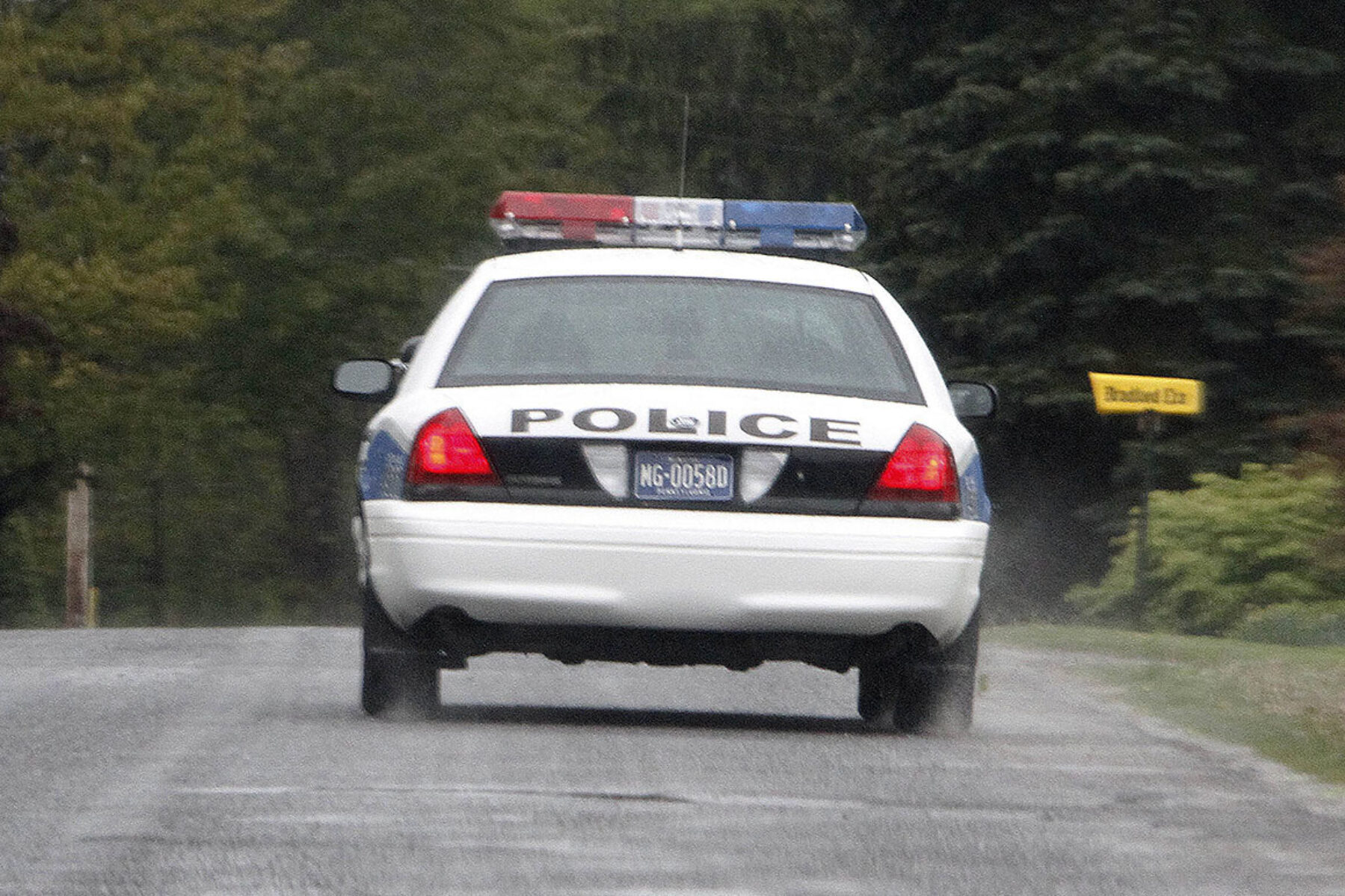If we want to improve policing, then states will have to start regulating law enforcement officers, Arnold Ventures Vice President Walter Katz wrote in a letter to the Washington Post on Sunday.
From doctors and lawyers to barbers and architects, hundreds of occupations and professions are regulated by states. Yet we don’t have this kind of standardized regulation for law enforcement, resulting in a patchwork of rules and oversight.
“This discrepancy undermines the ability of the public to hold officers accountable when they fail to protect and serve the public,” Katz wrote.
His letter was in response to an article by Mark Berman about how most police departments employ few officers and lack significant oversight.
“Nearly half of all local police departments have fewer than 10 officers.” Berman wrote, relying on data from a 2016 federal survey.
These departments’ small size, lack of resources and decentralized structure undermines efforts to mandate widespread training and policy changes.
“It’s unlike any other country,” Chuck Wexler, executive director of the Police Executive Research Forum, was quoted in the article. “In places like the United Kingdom, you have a Home Office, you have standards. In Germany or Israel … they have a national police. Our policing is completely fragmented, decentralized, with no national standards.”
However, that’s starting to change in the United States.
“Illinois and Maryland recently passed statewide policing standards,” Katz wrote. “The California Legislature is also debating its own reforms in Senate Bill 2, which will create a statewide investigation and decertification process.”
The potential for federal policing reform also opens the door to robust, national standards.
“Federal police reforms should create national rules so that people in metropolises and sparse counties alike can rest comfortably knowing their law enforcement officers will be held to consistently high standards,” Katz wrote.
Read his full letter: “Hold all law enforcement to consistent and high standards.”






















